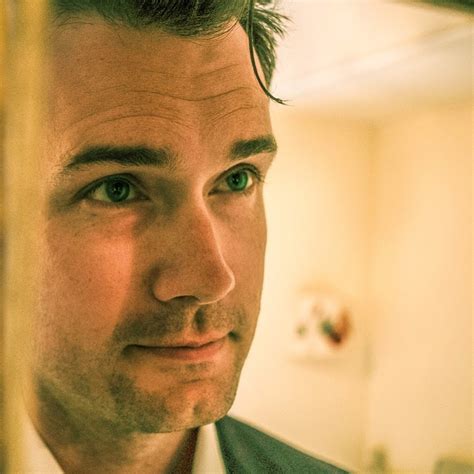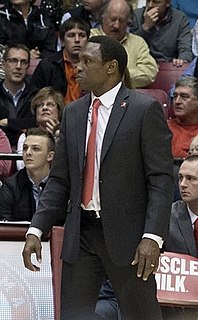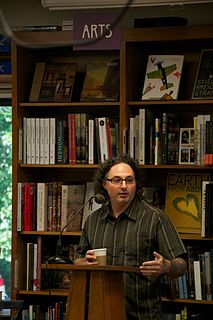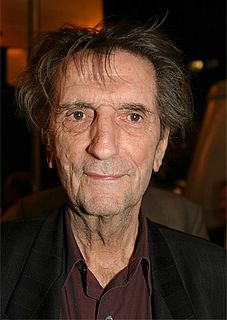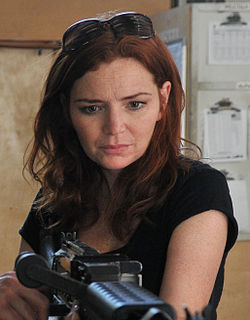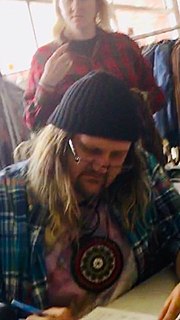A Quote by Willie Mays
I was very fortunate to play sports. All the anger in me went out. I had to do what I had to do. If you stay angry all the time, then you really don't have a good life.
Related Quotes
A very elementary exercise in psychology, not to be dignified by the name of psycho-analysis, showed me, on looking at my notebook, that the sketch of the angry professor had been made in anger. Anger had snatched my pencil while I dreamt. But what was anger doing there? Interest, confusion, amusement, boredom--all these emotions I could trace and name as they succeeded each other throughout the morning. Had anger, the black snake, been lurking among them? Yes, said the sketch, anger had.
The title's so upfront. It gives fair warning about the play's content. I'm writing about a kind of disenchantment, an anger, but quite a cool 90's anger, at a time when we're not very good at openly being angry. . . . I don't think I ever thought the title was titillating. I thought it was incredibly catchy. If the play is about the reduction in human relations down to a consumerist rationale, then thematically, the title is entirely linked into the thesis of the play.
I was really fortunate. I don't believe in luck so I was really fortunate. God really blessed me in terms of my health. ... I was really healthy. But I tried to do my part in terms of preparation, in terms of perseverance. I tried to do my part to make sure that I was always ready to play and try to stay ahead of the game. I tried to beat people with my mind. I wasn't the biggest or the one that jumped the highest, but I had a real high basketball IQ and I knew it. ... I was a student of game and tried to prepare and be professional and have a good attitude. All of those things helped me have a long career.
I have always had a good functioning in my artistic life, but I had problems mostly in my private life, I got very angry with my boyfriends and stuff...I would probably have good reasons to be angry but the volume would be too high, just getting to some level of wounding that perhaps was not appropriate to the actual offence committed.
If I was feeling angry, I had to investigate not just who or what I was angry at, but why. And then I had to do the hard part and ask myself: Are you justified in where your anger is being directed? So, while I allowed my emotions to be valid, I knew that if I were to use them constructively, in the service of art, then I had to look at them dispassionately. Some might call this therapy, and I suppose it was. But I also had a goal that was larger than just healing myself, which was connecting to an audience.
I really felt that I had to stay level, I had to control, I had to know what I was eating, I had to know what I was doing, I had to work out. All that stuff is very powerful and it really helps, but now I don't do it out of survival. At first, I was just trying to survive. I assumed at some point I'd be screwed otherwise.
To me, acting is very therapeutic. I get out a lot of anger and frustration. It's maybe hard to believe, but as a kid I really had a lot of self-doubts. My father was very ill - he was an alcoholic - so there were a lot of things that built up for me. And because I was going to a Catholic school in a small German town, a lot of it was suppressed. I was angry and didn't know how to get it out.
[Sasha] for me it was a dream. I got to tell everybody where to go and how fast to get there. It was very exciting. It was still an Aaron Spelling show, with the hair and make-up and everything, but there were also motorcycles. For my life, at that time, it was such a perfect thing. I had all this inner anger to get out, and it was so exciting to get paid to do it. She had anger and sexuality and rebellion, but there was still that very sweet core. I didn't have to be something entirely unrecognizable or un-relatable. I just loved her to death.


